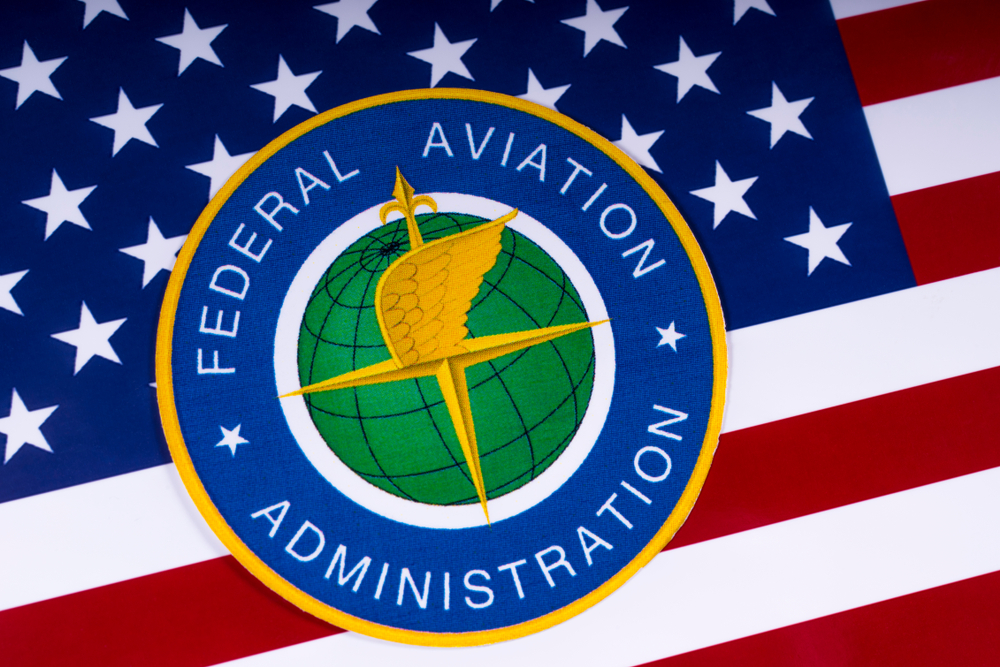
Responding to the controversy surrounding the 737 MAX 8, a federal advisory panel has cleared the plane’s safety approval process while making recommendations for ways to improve it.
The MAX became infamous last year with the crashes of two aircraft, one in Indonesia and one in Ethiopia, respectively, which killed 346 people. Boeing ultimately admitted its Maneuvering Characteristics Augmentation System played a role in the crashes, and the Federal Aviation Administration (FAA) revoked Boeing’s authority to issue airworthiness certificates for MAX planes.
The U.S. Department of Transportation charged the Special Committee to Review the Federal Aviation Administration’s Aircraft Certification Process with reviewing the FAA procedures for product certification and, more specifically, the processes followed during the launch of the flawed Boeing 737 MAX. Along the way, they investigated the certification process, potential enhancements to be made, and made recommendations that could improve aviation safety.
“The Committee found that overall, the FAA’s certification, as set forth by Congress and governed by regulation, is effective; however, reforms must be adopted to help our extremely safe aviation system become even better at identifying and mitigating risk,” the Committee determined.
Similar comments were made on the 737 MAX 8 Certification process. The panel — which consists of aviation and safety experts — found that the 737’s certification process didn’t deviate from the normal FAA process, though improvements could have been made. Such determinations, the Committee said, were made by consensus. The Committee’s approach to their charge was not inherently investigatory and was not intended to find fault. It was meant to analyze data and improve the certification process going forward.
The Committee’s recommendations included a broader requirement for Safety Management Systems for design and manufacturing organizations, as well as the expansion of System Safety Assessments and the FAA’s worldwide engagement and influence. The Committee also recommended that the FAA improves data gathering and use, fosters better communication between offices engaged in the certification process, and aggressively develops a stronger workforce to address an evolving industry better. The Committee would also like to see the FAA continue to delegate portions of the certification process, update and clarify administration policies on amended type certificates, and focus on efforts to support innovators and performance-based regulations.